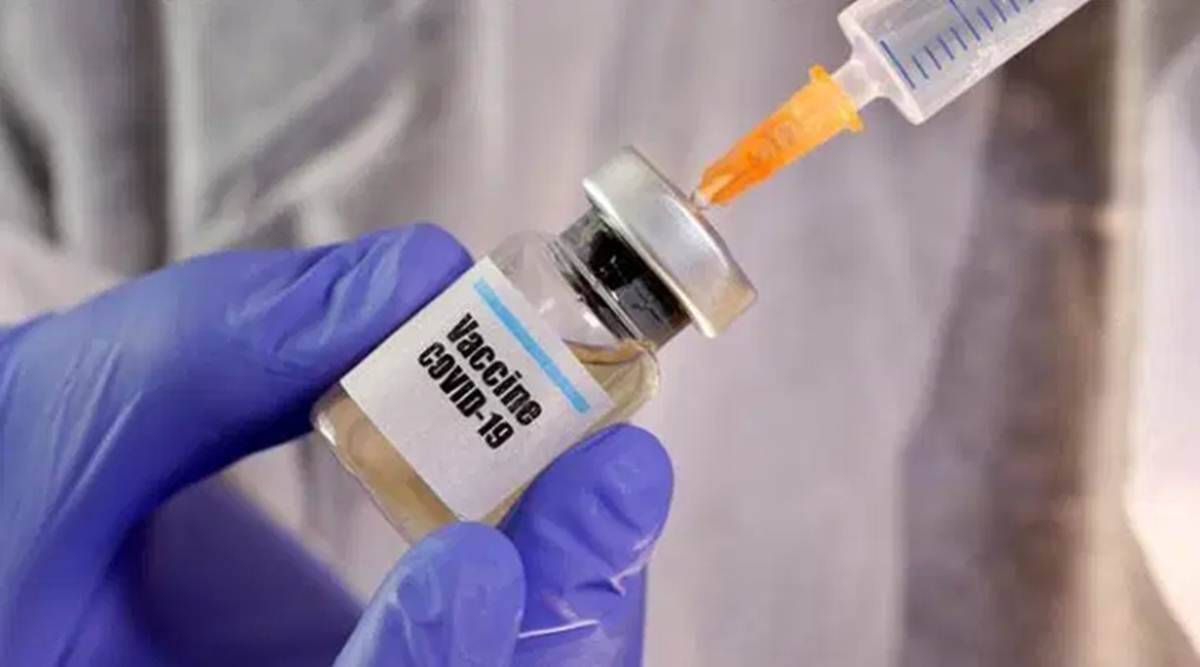We begin this new year with hope for a new sense of purpose and possibly a fresh start, but many consequential, unprecedented challenges still remain. COVID-19 still poses a threat to mankind and health workers remain at the frontlines treating patients globally. The World Health Organization has designated 2021 as the year of health and care workers to recognise their commitment to providing care to patients worldwide especially during the COVID-19 crisis. They have truly been the heroes of the year.
The world continues to fight the pandemic, sometimes with unity and sometimes without. The global hot topic that has made its way from 2020 into 2021 is the COVID-19 vaccine. Some said it can never be made, some said it would take decades but now here it is. So what will be the fate of the COVID-19 vaccine in Pakistan?
There are three main ways a vaccine is developed: Using the whole virus or bacteria, using only parts that trigger the immune system or just utilizing the genetic material. Vaccines save millions of lives each year. They work towards strengthening the immune system of the body and gear up the body’s natural defence system to prevent the target illness.
Sadly, healthcare is still a side issue for policymakers in Pakistan. The WHO recommends a minimum allocation of 5 percent GDP on healthcare, while Pakistan spends less than 1 percent of its GDP on health, the lowest number even in South Asia. Even after the COVID-19 crisis, which choked the healthcare system around the globe, we barely increased our spending on health.
Pakistan shares a large burden of disease and swift action must be taken to ensure adequate healthcare delivery of a national vaccine program. In June 2020, the WHO established the COVID-19 Vaccines Global Access (COVAX) Facility. The main purpose of this was to work with countries, and upon approval, ensure safe access to vaccines. “Equal access to a COVID-19 vaccine is the key to beating the virus and paving the way for recovery from the pandemic,” said Stefan Löfven, Prime Minister of Sweden.
Pakistan is one of the lower-middle income countries that is a part of this facility which is indeed a great resource for Pakistan.
WHO’s Strategic Advisory Group of Experts on Immunization has determined priority groups as: Frontline workers in health and social care settings, people over the age of 65, and people under the age of 65 who have underlying health conditions.
There has been alarming news that Pakistan has only allocated USD 150 million to procure COVID-19 vaccines for its 220 million population. Federal Minister for Planning and Development Asad Umar recently said 1.1 million COVID-19 vaccines would be available in the country in March 2021. Only 1.1 million for a population of 200 million!
With that, there is news that China is giving us free COVID-19 vaccines as well. There are talks of Pakistan receiving 500,000 doses of the coronavirus vaccine as aid from China by the end of January 2021. Developed in the Beijing Institute of Biological Products this vaccine only shows an effective rate of 79.3 per cent.
With scarce resources COVID-19 immunization programs must strategically categorize priority groups before broadening distribution to the entire population. There is still no clarity as to how Pakistan’s COVID-19 vaccination program will unfold. Our neighbours have been doing extremely well in procuring COVID-19 vaccines. India has invested in the research and development of the coronavirus vaccine to produce 100 million doses per month till March and then 300 million doses every month beside around, with 50 million doses already produced.
Bangladesh has reached deals to get 30 million doses of Indian-made AstraZeneca. Malaysia has procured 12.8 million Pfizer and 6.4 million AstraZeneca doses to cover 40 per cent of its population and is close to finalising a deal with China to cover its entire population. Indonesia purchased three million doses and procured raw material to develop some 45 million doses at home.
The pandemic has affected everyone regardless of age, gender and race. Addressing basic health needs is as imperative as ensuring people have food, a roof over their heads and other basic rights. This pandemic has provided us with an opportunity to come together and begin redressing the historic neglect of healthcare. Carefully structuring initiatives like the COVID-19 vaccine procurement and rollout will expand access and reduce structural barriers to help cover individuals from all walks of life.
The writer is a specialist in healthcare services administration currently working in the telemedicine industry in Pakistan.










